NIH Funding Drives UCSF’s Pursuit of Better Health for All
UCSF received $815 million in awards from the National Institutes of Health (NIH) last year for research that will improve the lives of patients in the U.S. and around the world.

University of California San Francisco
Give to UCSFUCSF received $815 million in awards from the National Institutes of Health (NIH) last year for research that will improve the lives of patients in the U.S. and around the world.

Patients who struggle to take daily HIV pills can benefit from long-acting injectable treatments, a new study by researchers at UC San Francisco has found.

Tuberculosis has stalked humanity for as nearly as long as we've been on earth. In this article, we take a look at how UCSF is leading the fight against the leading infectious disease killer.
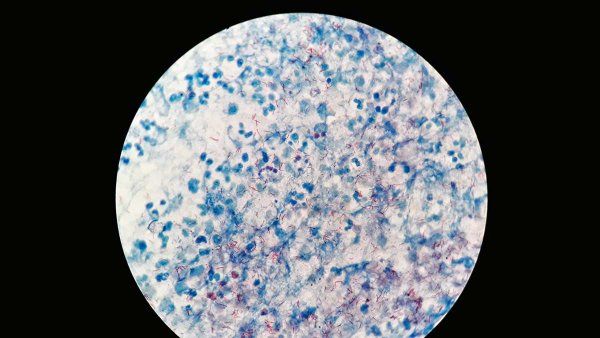
A Q&A w/Alison Cohen, PhD, MPH, who is among the estimated 5% of the population with Long COVID. She talks through the implications of Long COVID, and how she applies her scientific and personal experience to research this debilitating condition.
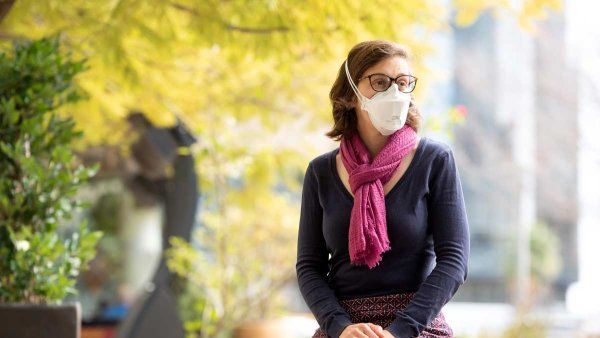
COPA syndrome causes lung hemorrhaging starting in childhood. But one in three people with the disease mutation are spared. UCSF scientists have discovered how a separate gene variant protects those relatives – lighting the way to a possible cure.
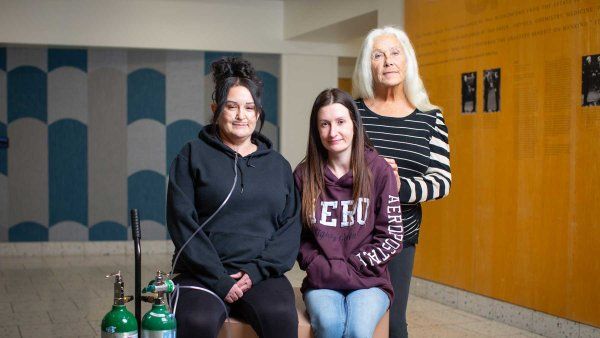
UCSF scientists have found that some cancers, like brain cancer, make unique, jumbled proteins that make them stand out. These newly recognized cancer-specific proteins, or antigens, could speed the development of potent immunotherapies that recognize and attack hard-to-treat tumors.
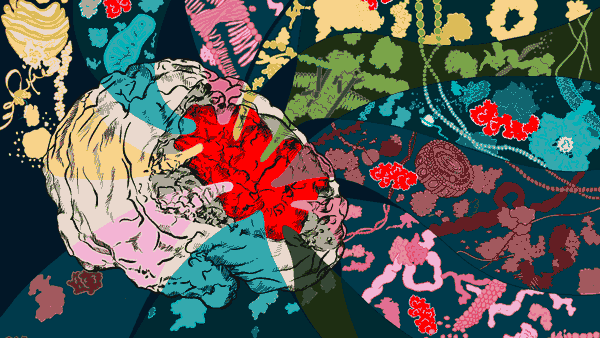
UCSF scientists are taking the first steps toward creating a new type of antibiotic that uses an unusual virus to defeat antibiotic-resistant bacteria.
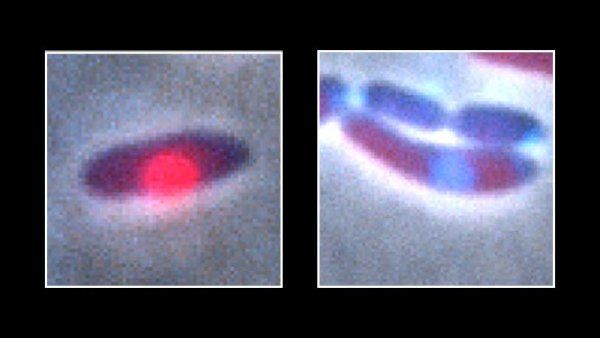
Several cases of the bird flu in humans have been reported in California's Central Valley in 2024. This Q&A explores how the virus spreads, how to prevent infection and whether this is something to be we need to actively protect against.
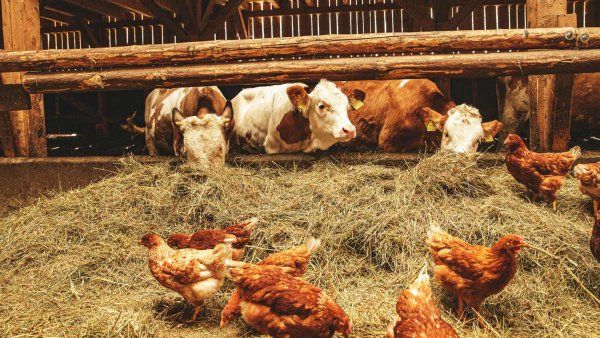
Scientists discover how cells in the uterus keep track of pregnancy to ensure an on-time delivery.
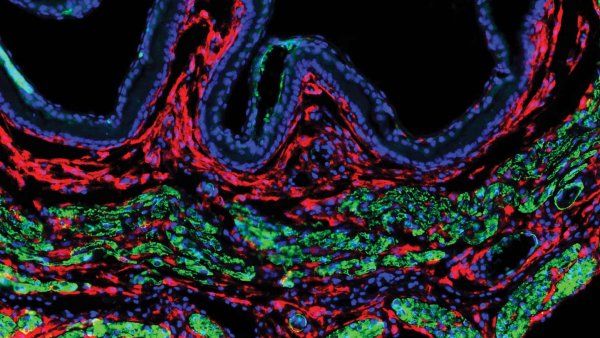
An extended course of Paxlovid appears to help some patients with long COVID, according to a study by UCSF researchers that suggests this treatment option holds promise for some of those struggling with lasting symptoms.
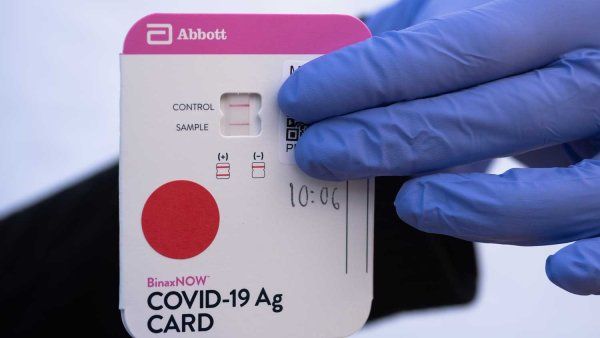
UCSF scientists developed a way to deliver radiation just to cancerous cells, rather than attacking both cancerous and healthy tissue. The therapy combines a drug to mark the cancer cells for destruction and a radioactive antibody to kill them.
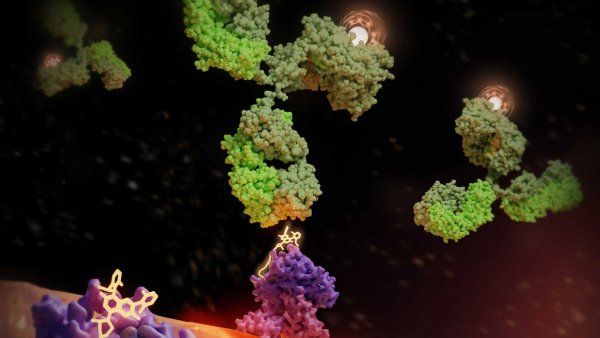
A new technology uses engineered T cells that act as immune “referees” to soothe overreacting immune responses. They also can mop up inflammatory molecules without lowering the entire body’s immune shields.

Nearly 50 UCSF researchers have been named to Clarivate’s list of most influential scientists for 2024.
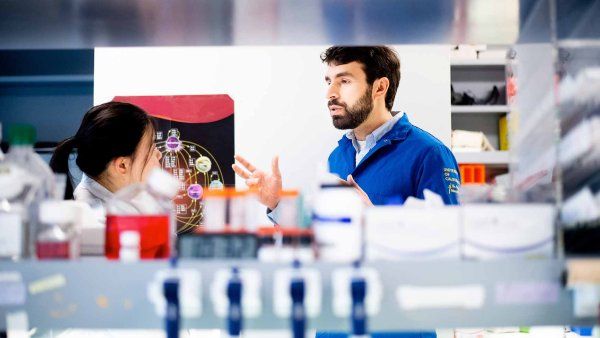
UCSF researchers develop customizable SNIPR sensors that activate engineered cells only near tumors, promising precise cancer therapies with minimal side effects.
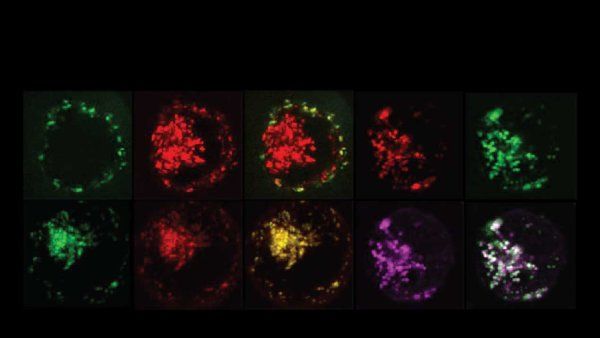
A decade-long effort has resulted in a new, rapid genomic test to diagnose rare infectious diseases in the brain and lungs.
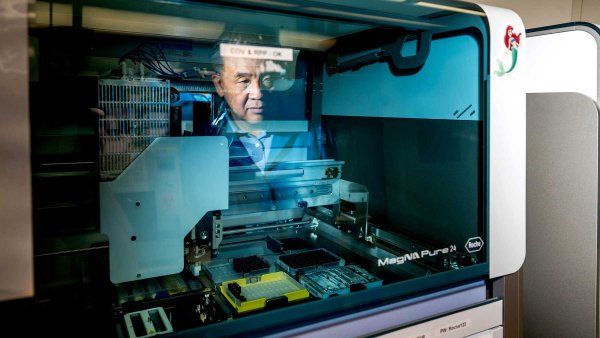
In June, UCSF treated its first patient with E-SYNC, its first homegrown CAR-T therapy, one of the first to show promise in treating certain types of brain cancers. This story builds on previous coverage to provide an overview of CAR-T therapy, accessibility and future horizons of applications in cancer and other illnesses like HIV.

A study shows how the keto diet affects the microbiome in ways that may reduce autoimmune responses in the gut.
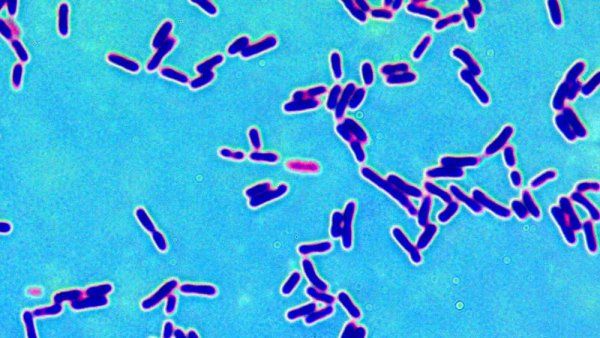
Oral health has long been siloed from the rest of a person's health. But increasingly, researchers and clinicians, including those at UCSF, are finding ties between a person's oral health and their overall health.
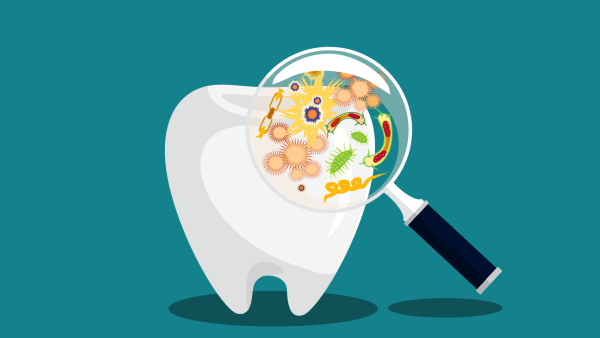
A new study on doxy-PEP sheds light on whether people who are regular users become resistance to this treatment, which often serves as a “morning after” pill to prevent sexually transmitted diseases.
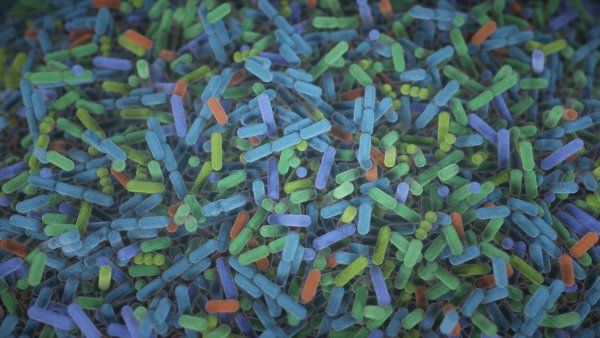
UCSF officially broke ground on the Barbara and Gerson Bakar Research and Academic Building on Sept. 28, which will house state-of-the-art research facilities, and will also serve as the new home for the UCSF School of Nursing.
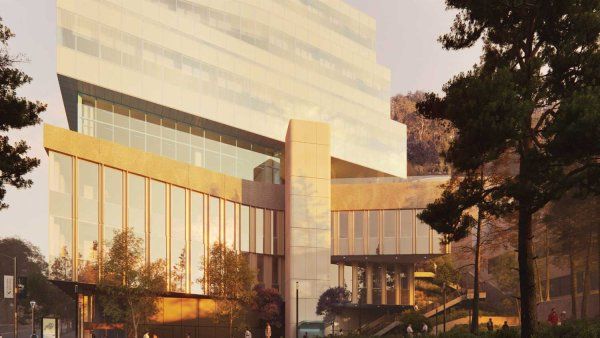
Breast cancer is the second leading cause of cancer deaths in the U.S. and worldwide, pointing to the continuing need to improve treatment strategies and therapies that better patient survival and
